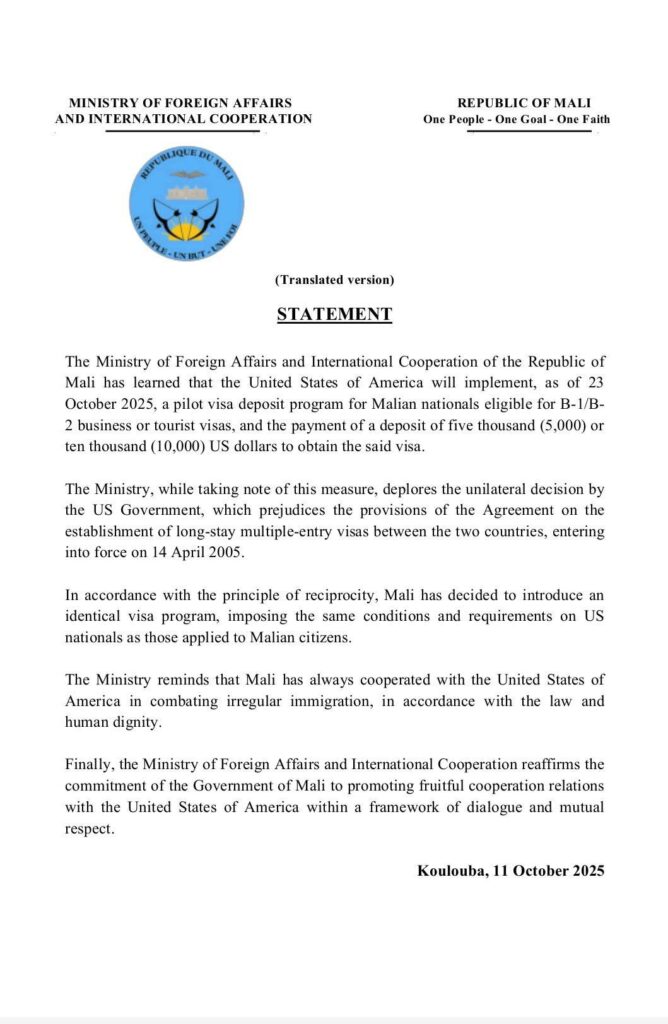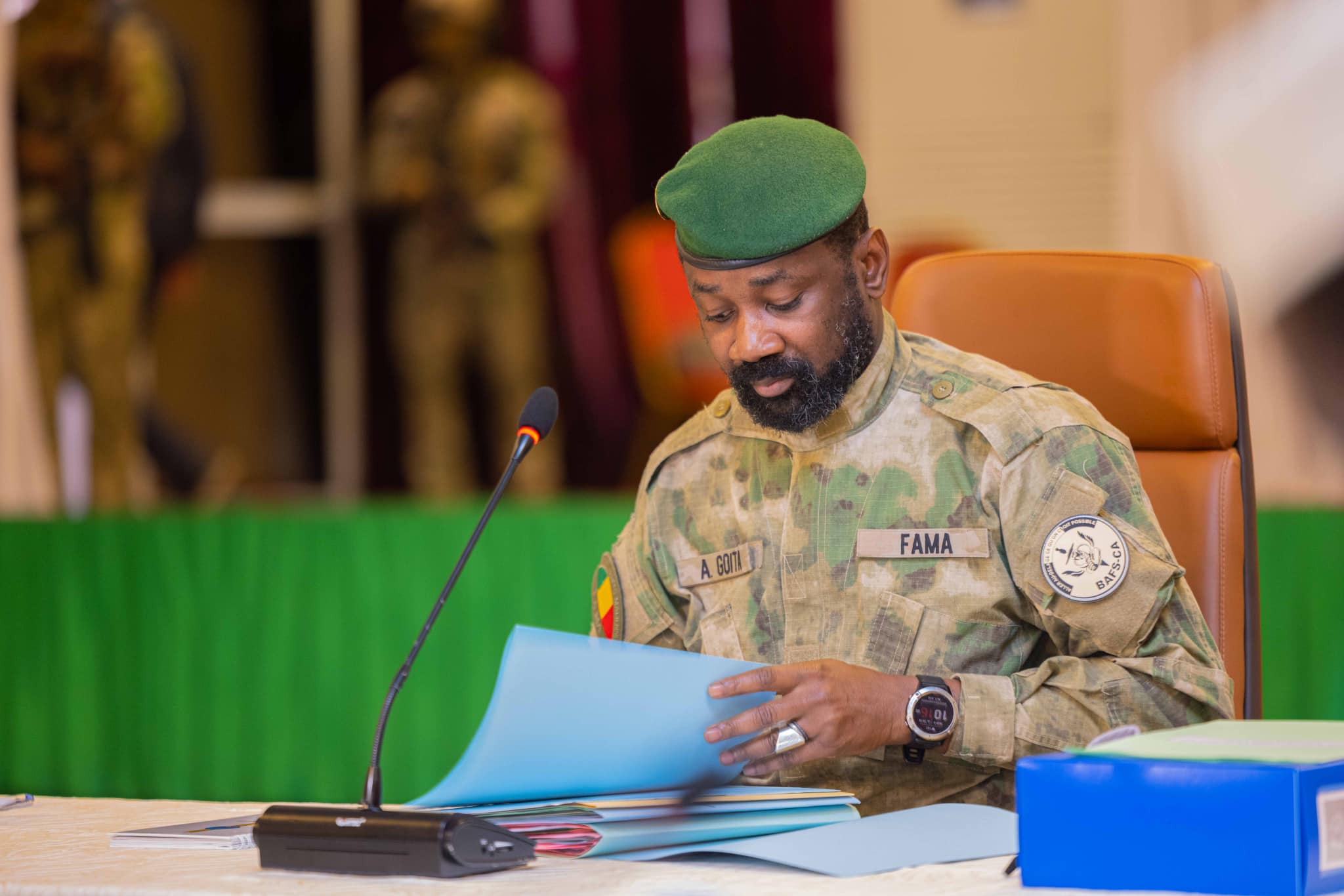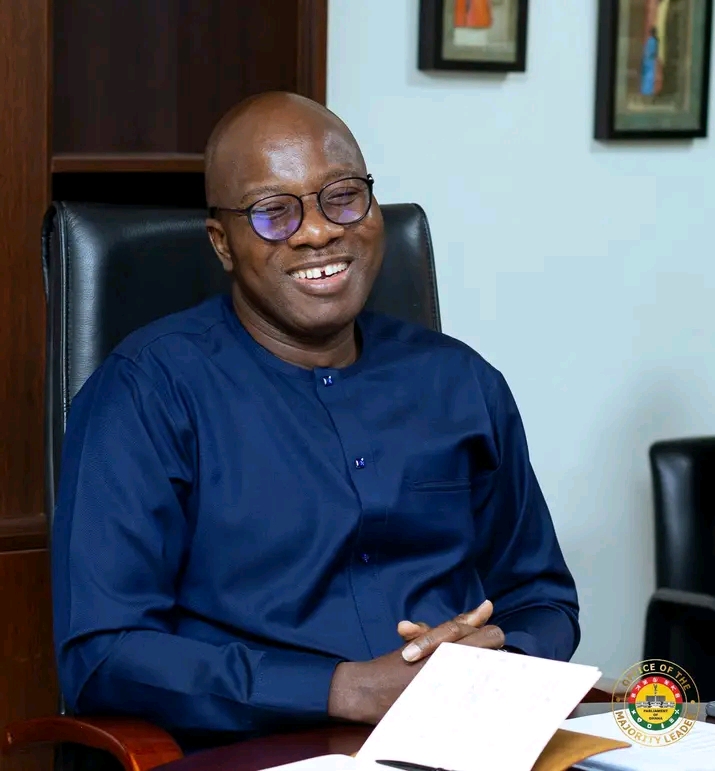By Kenneth Appiah Bani
Mali and the United States have clashed over visa rules amid broader diplomatic tensions. In mid-October 2025, Mali’s Foreign Ministry announced that it would require U.S. citizens to post refundable bonds of up to $10,000 when applying for business or tourist visas. The move was explicitly framed as a retaliatory measure: Mali charged that the U.S. decision to add Malian nationals to a visa-bond pilot programme requiring bonds of $5,000–$10,000 to deter overstays was “unilateral” and violated a 2005 agreement on long-term visa access. Mali’s statement said it “deplores the unilateral decision by the U.S. government” and would introduce an “identical visa program” under the principle of reciprocity, imposing “the same conditions” on Americans as Americans impose on Malians. This dispute comes on top of existing strains: the U.S. has imposed sanctions on Malian officials (for ties to the Wagner Group) and pushed African governments to accept U.S. deportees, a demand Mali’s leaders have quietly resisted.

Diplomatic tensions have been escalating since Mali’s 2021 coup, which brought a military government to power. Along with its neighbours Burkina Faso and Niger, the junta in Bamako has turned away from Western partners. Mali officials have asserted their sovereignty in public statements. For example, Mali’s foreign ministry said it “has always collaborated with the United States in the fight against irregular immigration…with respect for law and human dignity,” but that it must now treat Americans on “the principle of equality”. One analyst notes Malian leaders view the U.S. visa bond as an affront to their country’s sovereignty and diplomatic reciprocity. (By contrast, the U.S. Embassy in Bamako defended the policy as a matter of border security, saying it “reinforces Washington’s commitment to protecting America’s borders and safeguarding U.S. national security”.) In the region, Mali’s reaction follows similar moves by other Sahel states. Burkina Faso suspended its cooperation on U.S. deportations in September and lost U.S. visa services when it refused to accept third-country deportees. Chad temporarily halted visas for Americans in June after being added to a U.S. travel warning list.
The visa bond requirement is expected to further discourage the already limited flow of Americans to Mali. Even before this policy, the U.S. State Department advised citizens not to travel to Mali (due to terrorism and kidnapping risks), so official visitor numbers have been very low. The new bond essentially imposes a steep, refundable deposit on U.S. travellers. Business Insight Africa notes it will apply to both business and tourist visas, likely deterring Americans involved in Mali’s mining and tourism sectors. Mali is rich in cultural heritage (Timbuktu, Dogon country) and natural attractions, but its tourism industry has been fragile amid conflict. Analysts warn that hefty visa bonds “could deter legitimate visitors and hurt tourism” not just to Mali but across the region. In practical terms, an American executive or tourist must now post $5,000–$10,000 up front (refundable only if they leave on time), on top of the usual visa fees. This additional cost and administrative barrier may chill U.S. interest in visiting Mali, potentially harming Mali’s image abroad and slowing the modest travel and investment that existed.
At a broader level, the measure sends a signal about Mali’s openness. American and international businesspeople may see Mali as less welcoming, which could complicate partnerships (for example, U.S. companies exploring Mali’s gold and lithium deposits). Tourists who might have visited Mali’s historic sites could reconsider. Even Mali’s regional neighbors have commented on the episode in terms of travel: one African news report notes that neighboring West African states (from Ghana to Eswatini) have already adjusted visa or deportation policies in response to U.S. moves. Overall, travel experts believe the bond will further depress an already weak travel volume between the two countries.
Politically, Mali portrays the visa bond as a matter of sovereign equality and dignity. As the Foreign Ministry put it, it had no choice but to “apply the principle of equality” when treating American visitors. In its view, this recourse to reciprocity is a defense of Mali’s negotiating position. Mali’s statement and local analysts emphasize that Washington acted “unilaterally,” so Bamako must respond in kind. One business analyst writes that Malian officials see the U.S. move as “an affront to diplomatic reciprocity and sovereignty”. This framing resonates with a broader shift among Mali’s military rulers to emphasize independence from Western policy: Bamako has expelled Western troops, deepened ties with Russia and China, and even joined a new Sahel regional bloc alongside Burkina Faso and Niger.
Regionally, reactions have been muted but suggest growing solidarity on visa issues. As noted, Chad and Burkina Faso have taken steps against U.S. travel rules that they deemed unfair. African governments and media commentators have increasingly criticized the U.S. for what they see as double standards (for example, imposing strict visa bonds on some African nations while offering visa waivers to many European and other countries). Mali’s action is thus seen in some African circles as part of a pattern: African states pushing back against stringent U.S. visa policies. For instance, when Chad suspended visas for Americans in June, Malian analysts noted Mali was following suit to resist “unfair visa and migration policies”. Beyond Africa, global reaction has been limited. The U.S. has not publicly condemned Mali’s move, and Western diplomats have mostly avoided comment – reflecting the low level of direct travel between the two countries.
The Mali episode must be understood against recent U.S. policy changes toward Africa. In 2025, the Trump administration (in its presumed second term) dramatically expanded a visa bond pilot program to several African nations with high overstay rates. Beginning in August, Malawians and Zambians were first required to post up to $15,000 bonds, followed by others (including Gambia, Malawi, Zambia, and, in late October, Mauritania, São Tomé and Príncipe, Tanzania, and now Mali). Washington justified the scheme as an enforcement tool: “This targeted, common-sense measure reinforces the administration’s commitment to U.S. immigration law while deterring visa overstays,” State Department spokesperson Tammy Bruce said of the program. Critics, however, see it as discriminatory. Civil society groups likened it to a “legalized shakedown” of vulnerable travelers (African-American leaders pointed out that the per-capita overstays from these countries are very small). Notably, the bond requirement is a recent phenomenon; formerly, Malian travelers to the U.S. paid no such deposit. Now, Malian and American nationals face symmetric financial barriers to visas.
On the broader U.S.–Africa agenda, visa and immigration issues have become a flashpoint. The Biden/Trump administration has prioritized border security and immigration enforcement worldwide, and it has sought cooperation from African governments on deportations. Many African leaders bristled at demands to take back deportees from other countries. Some complied in exchange for aid, but others, like Burkina Faso’s foreign minister, outright refused – “Burkina Faso is not a land of deportation,” he declared when asked to accept non-Burkinabe migrants expelled from the U.S.. In reaction, Washington has at times suspended visa services to uncooperative countries (as happened with Burkina). The visa bond programme is a different lever, but similarly perceived as part of U.S. leverage.
The U.S. government officially removed Mali from the Visa Bond Program, averting a potential diplomatic confrontation with the West African nation. The announcement came on October 23, just a little over a week after the program was first disclosed. The U.S. State Department updated its official list and removed Mali from the pilot program, while Mauritania and Tanzania remain on the list. Many observers see Mali’s stance as a demonstration that firm diplomatic pushback can influence policies viewed as discriminatory. The development signals a potential positive shift in U.S.-Malian relations and could influence future engagements between the U.S. and other countries.
Finally, the visa saga highlights changing U.S.–Africa relations. Many African governments are chafing at what they view as unequal treatment by the U.S., and Mali’s junta in particular has been eager to assert its independence. At the same time, the U.S. remains a key security and aid partner in the Sahel (especially in counterterrorism) and likely hoped that pilot visa policies would be seen as minor technical measures. Mali’s forceful reciprocity signals that such policies now carry diplomatic costs. For example, U.S. officials had recently visited Bamako in July 2025 to discuss security and investment cooperation, but the bond policy may cast a shadow over those talks.






